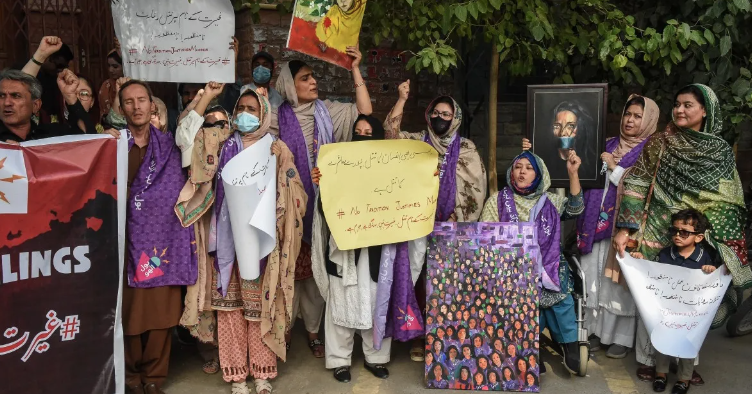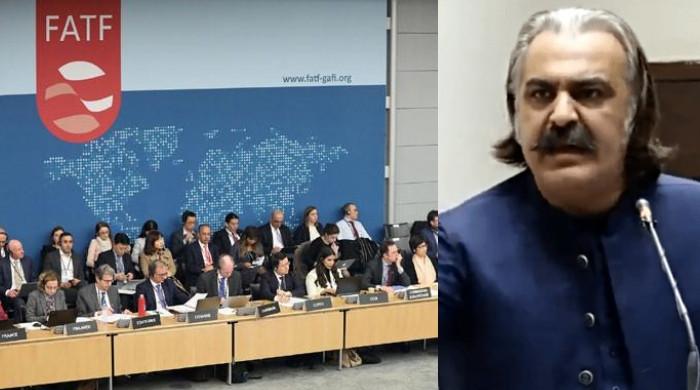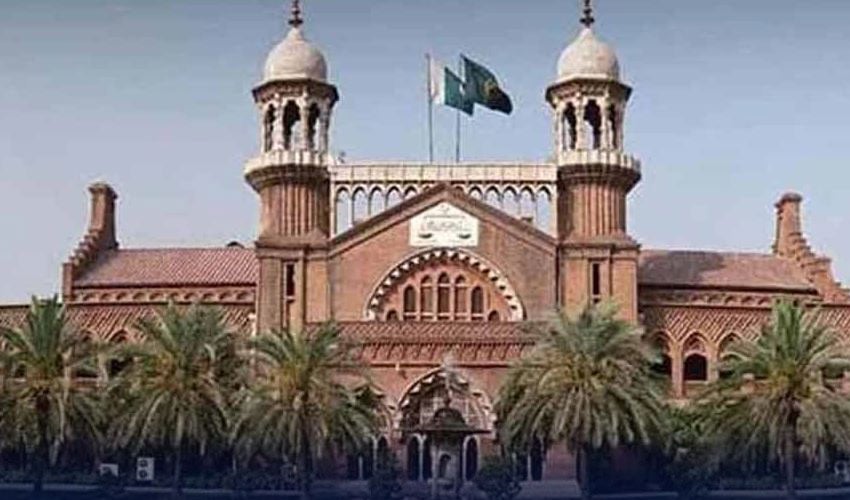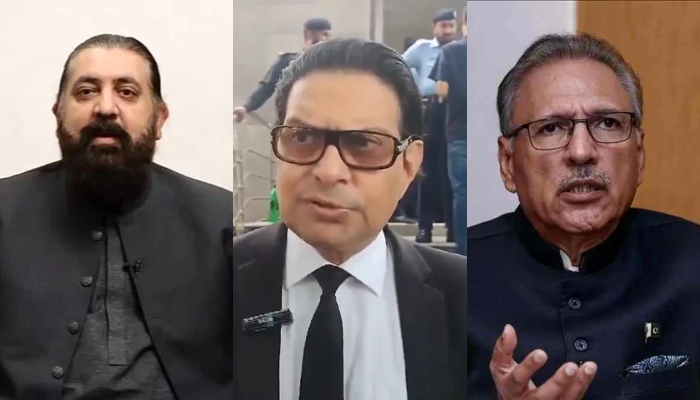LEGAL

A couple was shot dead by the woman’s family in Balochistan’s Mastung district on Tuesday morning, local police confirmed.
The incident follows a spate of similar killings across Pakistan in recent weeks, raising serious concerns among human rights organizations and civil society.
According to Wali Khan Station House Officer (SHO) Pir Muhammad Alizai, the murdered couple had been married for seven years. They were travelling with their two children and the husband’s brother from Panjgur to Lakpass, reportedly on the invitation of the woman’s brothers.
“The suspects asked them to wait at Noshki Cross. Around 7am, they arrived on motorcycles and opened fire using a pistol, killing both husband and wife on the spot,” SHO Alizai stated. The assailants then fled the scene.
An FIR registered on July 29 at Wali Khan Levies Police Station by the husband’s brother names five individuals as suspects. Charges include Sections 34 (common intention), 302 (premeditated murder), and crimes against women under the Pakistan Penal Code (PPC). The motive was cited as both enmity and the couple’s decision to marry for love.
The couple's children survived the incident.
This case comes just over a week after a similar killing in Quetta’s Degari area, where a tribal jirga allegedly ordered the deaths of a couple before Eidul Azha. Fourteen suspects were arrested in that case. In a separate incident, a man in Quetta was accused of killing his daughter and nephew over ‘honour’.
Meanwhile, in Rawalpindi, a woman was allegedly suffocated to death following a jirga decision. Her husband later filed a complaint, and three individuals were remanded into police custody.
Despite widespread condemnation, 'honour' killings continue to plague the country. According to the Human Rights Commission of Pakistan (HRCP), 346 people were killed in such incidents between January and November 2024. Sindh and Punjab have recorded particularly high numbers, though cases are reported in nearly every province.
Rights activists argue that despite legal reforms and public outcry, cultural norms and weak enforcement continue to fuel these killings. Many cases go unreported or are settled outside court through informal mechanisms such as jirgas.
The Balochistan incident has sparked renewed calls for legal accountability and societal change. While police say efforts to arrest the Mastung suspects are underway, justice for victims of honour killings remains uncertain.




